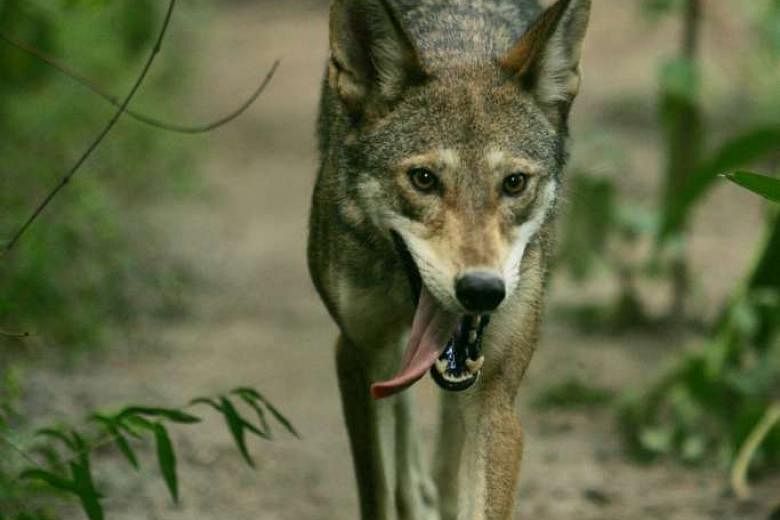(Reuters) - The federal wildlife service on Thursday stood by its decision to authorise recent killings of two highly endangered North Carolina red wolves on private property, despite plans by conservationists to sue.
Three conservationist groups said the United States Fish and Wildlife Service (FWS) made only cursory attempts to remove the wolves from private property between 2014 and 2015 before allowing the landowners to kill them in violation of the Endangered Species Act.
The five-county region of eastern North Carolina known as the Red Wolf Recovery Area is home to the only population of red wolves in the wild, estimated at only between 50 and 75 animals, according to the Southern Environmental Law Center (SELC).
One of the wolves was a breeding female, according to a 60-day notice of intent to sue filed with the agency on Tuesday by SELC.
Neither wolf had exhibited problem behavior which is a prerequisite for killing under the act, the notice said.
But the FWS insisted it acted properly. "We are confident we have the authority to take these management actions," said FWS spokesman Tom MacKenzie.
The FWS in one authorised killing cited other staffing commitments and problems with access to the private property as reasons to abandon attempts to move the wolf, according to the notice.
In the case of the mother wolf, the FWS reported the landowner refused to allow federal biologists on his property but tried unsuccessfully to trap it himself.
The female wolf, who had had previous litters, was exhibiting so-called denning behavior, indicating she was pregnant, SELC said.
The red wolf was designated as endangered in 1967 and disappeared from the wild in 1980. Four pairs of captive red wolves were released back into its historic range in 1987, beginning a recovery programme that reached a population high of about 100 animals in 2014.
In June, the FWS announced it would stop reintroducing captive wolves into the wild while it re-examined the programme.

